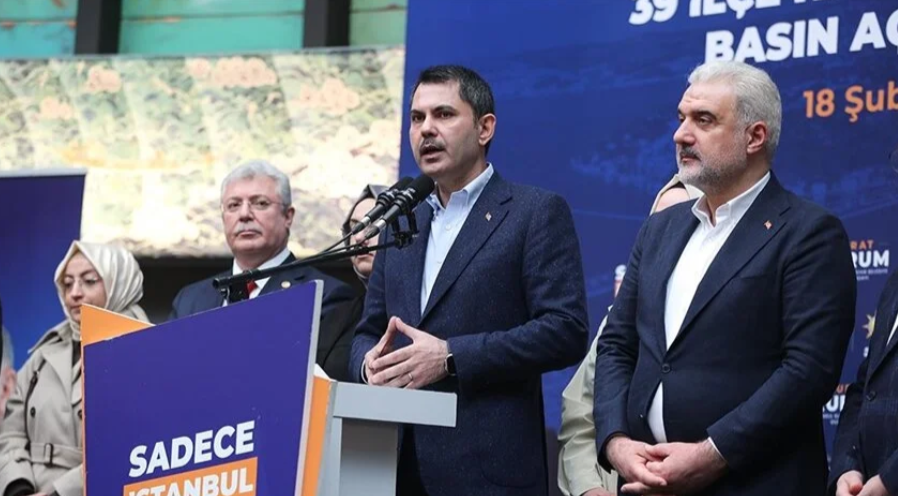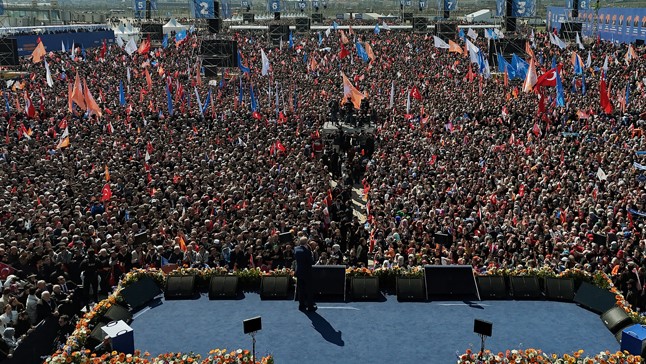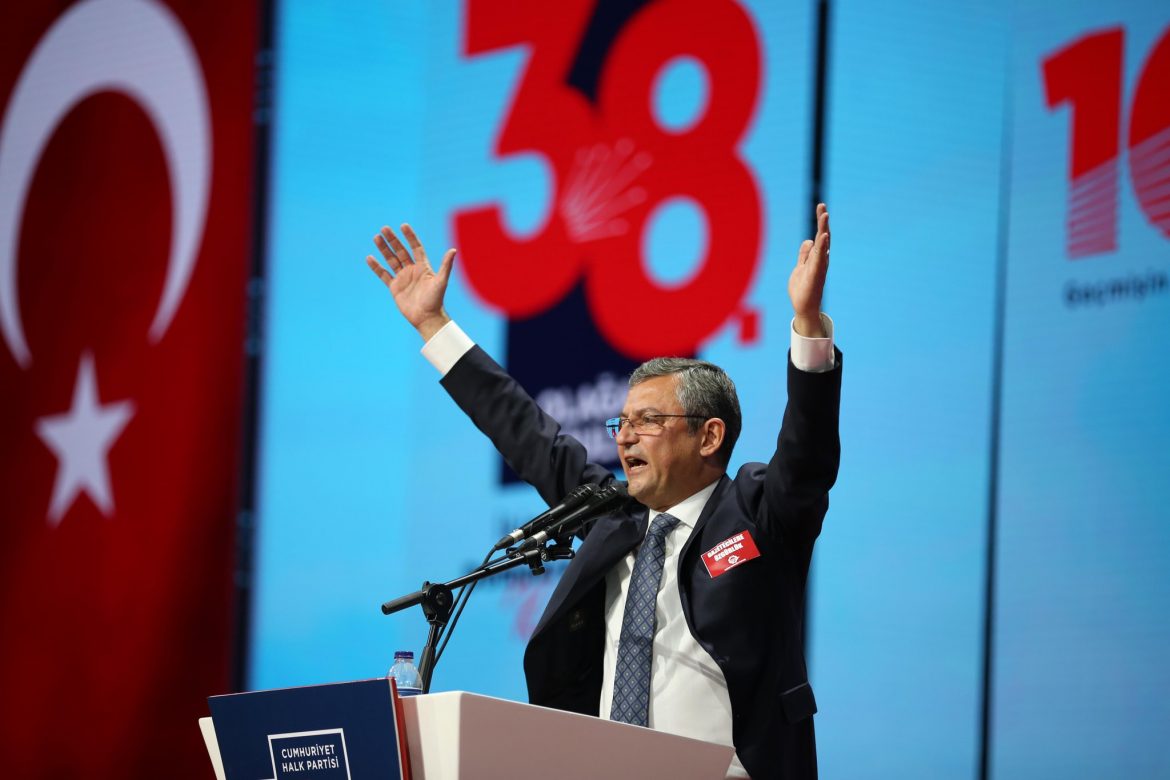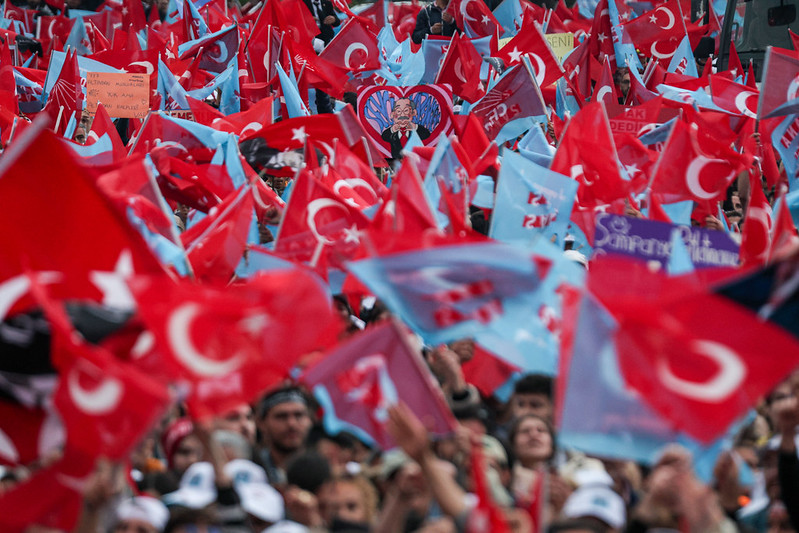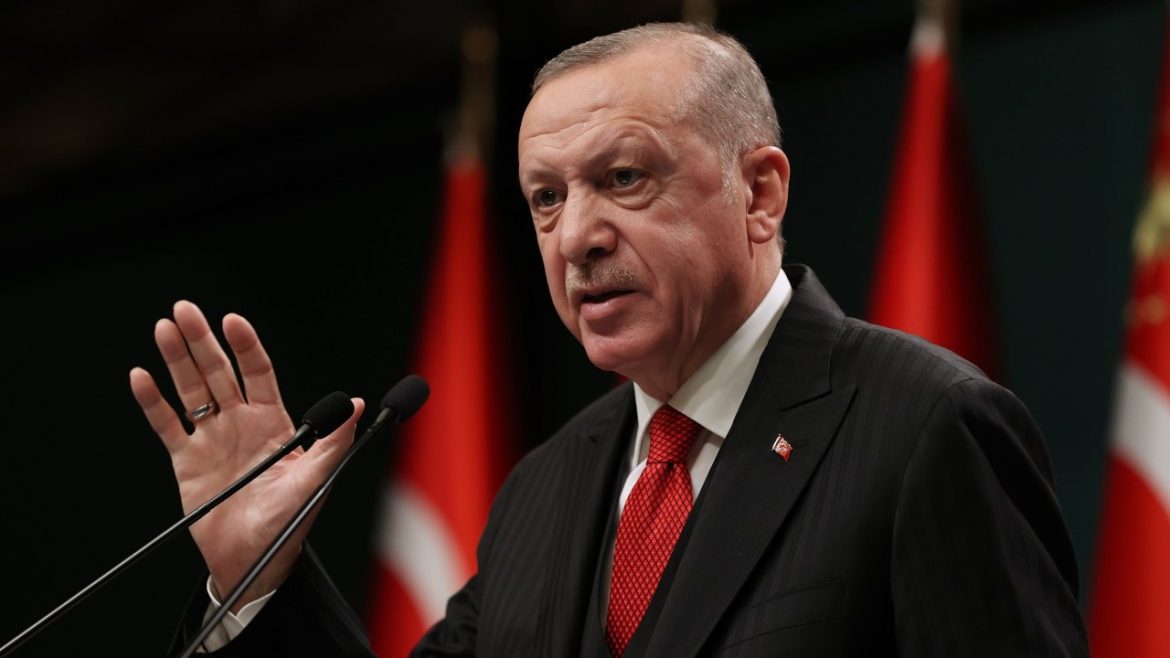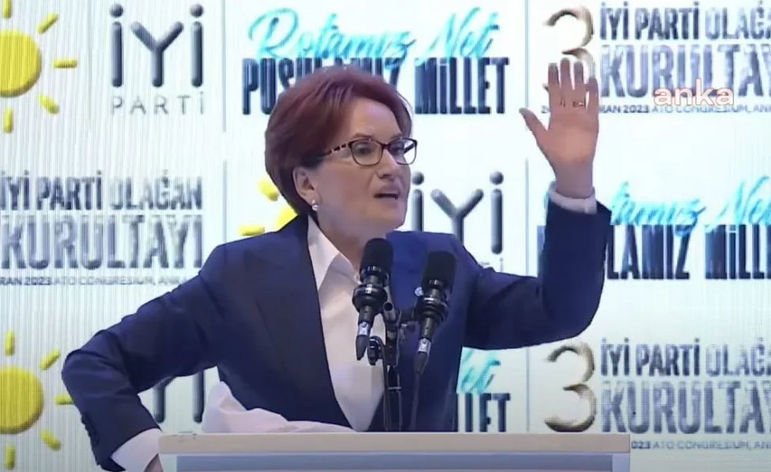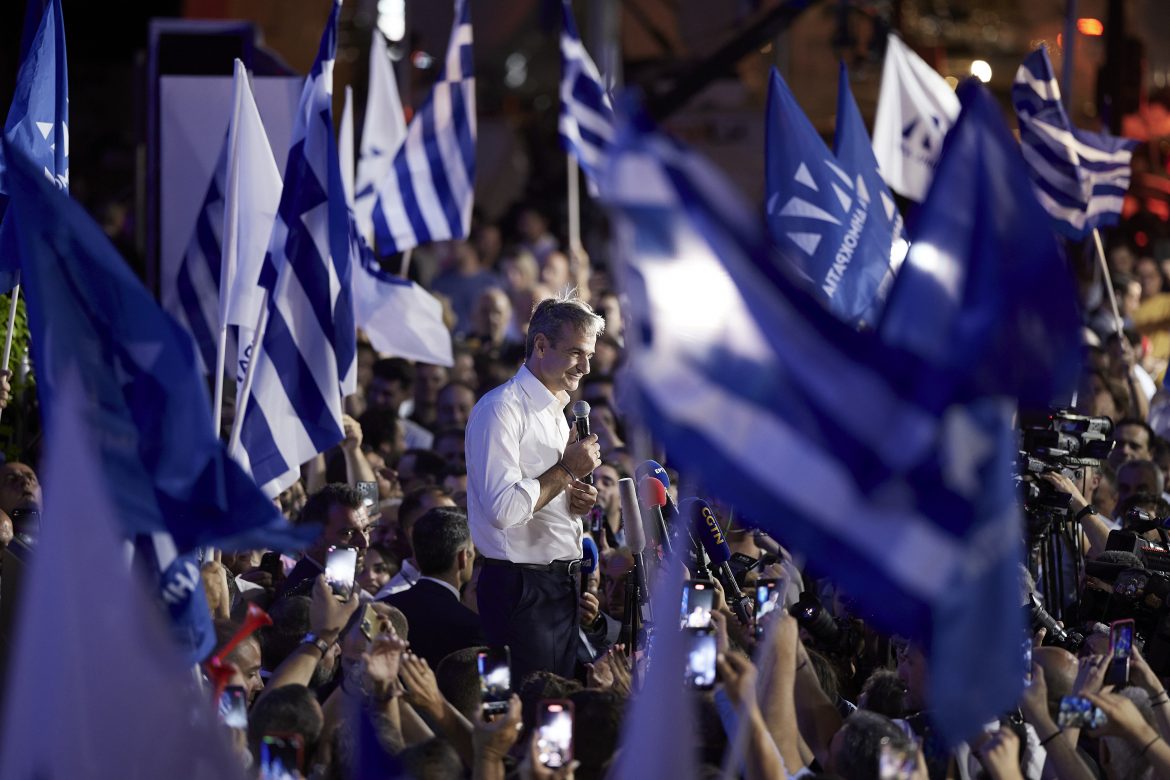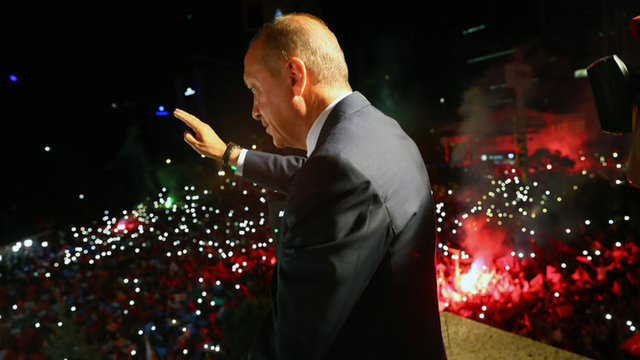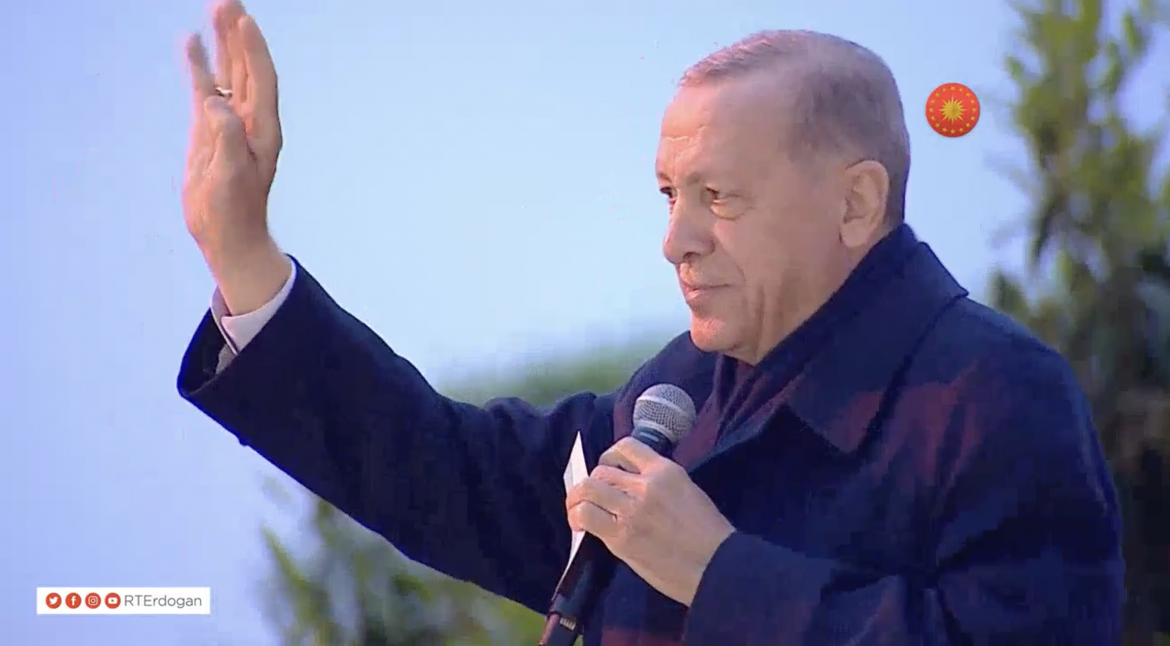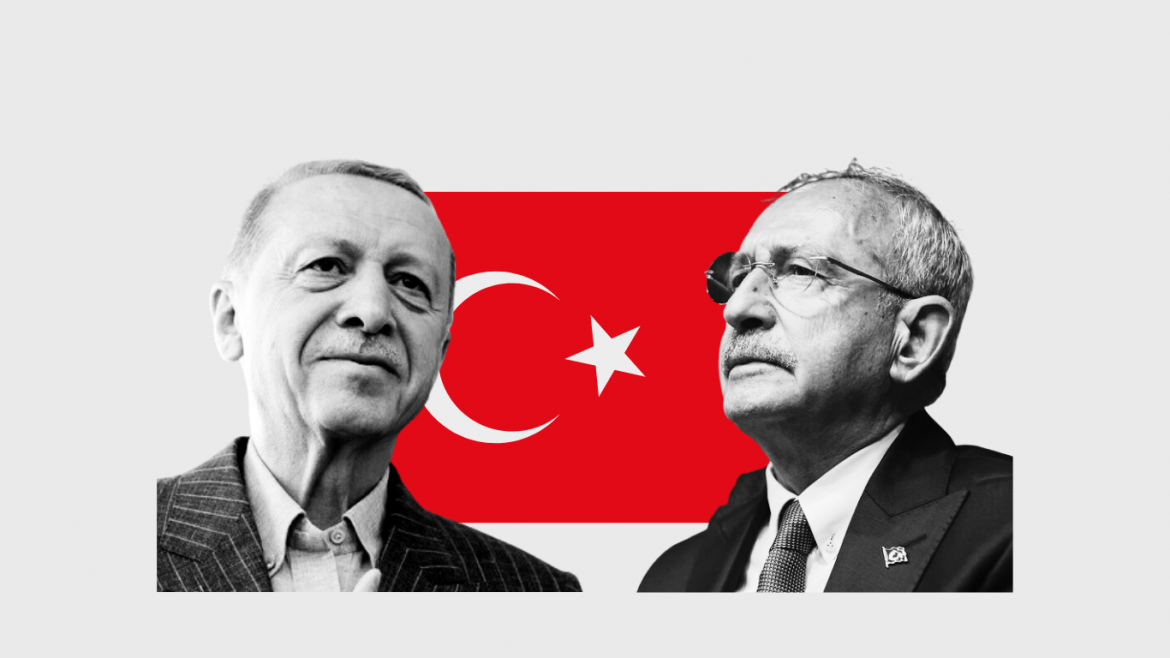On March 31, Türkiye will once again exercise its democratic right to vote in local government elections. Yet, this election transcends mere local political dynamics; it stands as a pivotal moment shaping the trajectory of Turkish politics at large. In the wake of the May 23 general elections, Türkiye’s political landscape is undergoing significant shifts,
Turkish President Tayyip Erdoğan complained on March 24 that the participation to his “Great İstanbul Again” rally ahead of the March 31 local elections was less than the half of what he had expected. In fact, he should be grateful that hundreds and thousand of his supporters were there despite the disappointment of the ongoing
The main opposition Republican People’s Party (CHP) changed its leader at a highly contested November 4 congress, and delegates elected young Parliamentary Group Chair Özgür Özel to replace Kemal Kılıçdaroğlu, who refused to resign despite his failure in the presidential and parliamentary elections that took place in May. The 49-year-old pharmacist challenged the 13-year-old Kılıçdaroğlu-chairmanship
One of the questions in the Turkey’s Pulse, the periodical survey conducted by MetroPoll research company, is worth mentioning as it reveals an interesting insight to Türkiye’s political outlook. For the July survey, the participants were asked if they “regreted who they have voted,” and according to the results, 22,8 percents of the respondents regretted
President Tayyip Erdoğan’s re-election, in perhaps the most disadvantageous period of his rule since 2002, reveals the need to name “Erdoğanism” in Turkish politics, which has become a separate phenomena from the Justice and Development Party (AKP) he founded. Erdoğanism in numbers and beyond Erdoğan received 49.5 percent of the vote and the AKP 35.6
After losing in the May presidential and legislative elections, Türkiye’s opposition is in turmoil both inner-party struggles and within the coalition it created prior to the elections. The six party opposition’s People Alliance’s partner İYİ Party’s first party congress after the elections held in Ankara on 24-25 June. The party’s leader Meral Akşener’s first speech
The second round of elections in Greece took place on Sunday, June 25, ending two months of the election marathon. The result was no surprise. As predicted, the New Democracy Party, led by Kyriakos Mitsotakis, won 40.3 percent of the votes and 158 parliamentary seats, giving it the majority to form a government on its
Turkish President Recep Tayyip Erdoğan was re-elected for his third term at the seat after the run-off elections on May 28. The ruling Justice and Development Party (AKP) leader Erdoğan received 52.14 percent of the votes, while his opponent and opposition’s candidate Republican People’s Party (CHP) leader Kemal Kılıçdaroğlu received 47.84 percent. The margin will
President Recep Tayyip Erdoğan is reelected in the run-off elections on May 28, Supreme Board of Elections head Ahmet Yener announced stating that the preliminary results indicate his victory. Stating that the 99,93 percent of the ballot boxes was counted Yener said that “even if the remaining votes are written to any candidate, the results
Türkiye is once again going to the polls on May 28 to elect its 13th president in the run-off elections amid the devastating effects of two major earthquakes, an economic crisis, increasing political polarization, and ballot-box security concerns. Some 64 million voters cast their ballots to choose between two candidates: President Recep Tayyip Erdoğan and
